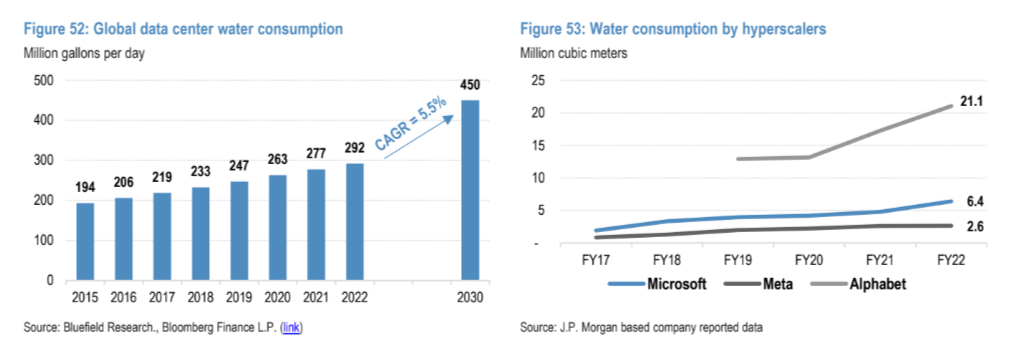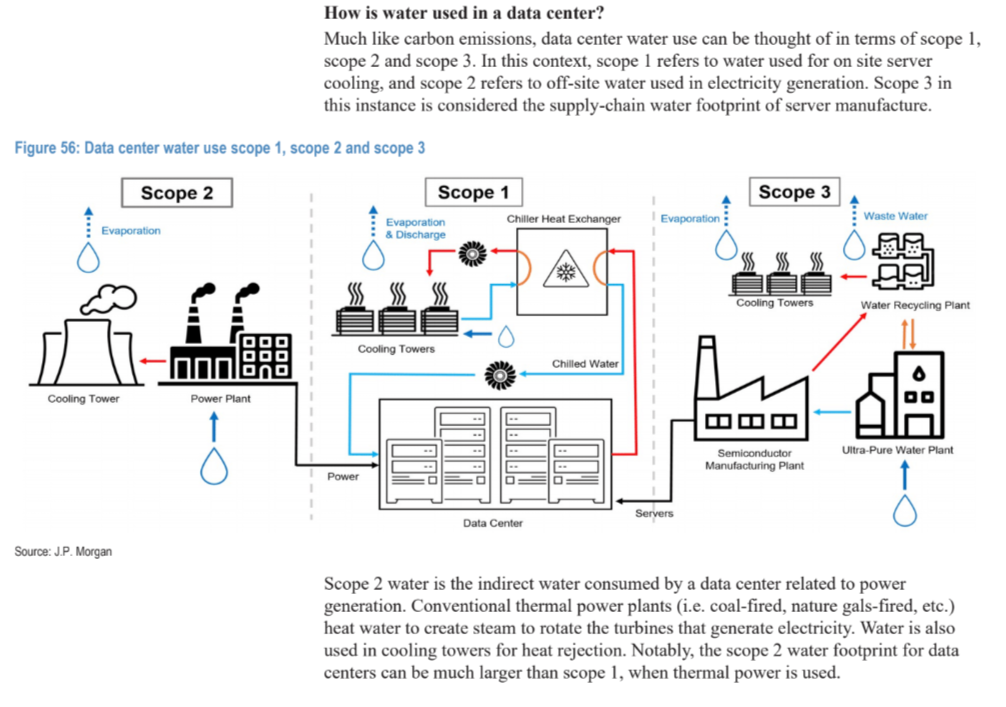Could These Arrest Warrants Signal the Beginning of the End for the “Axis of Evil”?
Israel's stooges in the West squirm as their adoration for the apartheid state turns sour
UK foreign secretery Lord David Cameron has told peers: “I don’t believe for one moment that seeking these warrants is going to help get the hostages out, it’s not going to help get aid in and it’s not going to help deliver a sustainable ceasefire. To draw moral equivalence between the Hamas leadership and the democratically-elected leader of Israel I think is just plain wrong.”
He misses the point as usual. The warrants have nothing to do with that. They are about bringing those wanted for the most grievous war crimes to justice.
Prime minister Rishi Sunak then said that the move was “deeply unhelpful”, adding: “There is no moral equivalence between a democratic state exercising its lawful right to self defence and the terrorist group Hamas.”
Even Biden was singing off the same hymn-sheet saying there is “no equivalence – none – between Israel and Hamas” and that what’s happening in Gaza is not genocide…. a hymn of praise for Israel almost.
Of course there is no moral equivalence. As the world has witnessed, Israel’s crimes are a thousand times greater than Hamas’s and are allowed to continue without let-up, courtesy of the US and UK who dutifully carry on supplying the ordnance and weaponry. It still hasn’t penetrated enough Washington and Whitehall skulls that it is the Palestinian resistance who are exercising their lawful right to self-defence – using “armed struggle” if necessary – against Israel’s illegal military occupation, brutal 17-year blockade and decades-long murderous oppression (UN Resolutions 37/43 and 3246).
Furthermore Hamas are just as legitimate as any Israeli administration having been democratically elected under the scrutiny of international observers, a result immediately rejected at the time by the UK, Israel and the US because it didn’t happen to suit their evil purpose in the Middle East.
And why are Hamas proscribed as a terrorist organisation in the UK? Only because a group of Israel’s pimps and stooges among Westminster’s political elite say so. It would be interesting to take a vote on what the people who put them there actually think, now they know the horrendous situation in Gaza and the West Bank and the long history leading up to it. Wouldn’t it be more appropriate to proscribe Likud, Netyanyahu’s terrorist party?
Cameron also claims it’s a mistake to draw moral equivalence because Palestine is not regarded as a state. Again, he isn’t paying attention. 146 of the 193 UN member states recognise Palestine, including Ireland, Norway and Spain who announced recognition just a few days ago. 11 of these are EU states, so what is Cameron drivelling about?
Fortunately, a cross-party group of 105 MPs and Lords has called on the UK Government “to do all it can to support the International Criminal Court” after Prime Minister Sunak’s remark that its decision to seek arrest warrants for Israeli and Hamas leaders was “deeply unhelpful”. In a letter addressed to Foreign Secretary Cameron they say “there is mounting evidence that Israel has committed clear and obvious violations of international law in Gaza and we strongly believe that those responsible must be held to account”. They call on the Government “to take a clear stance against any attempts to intimidate an independent and impartial international court…. The Court, its Prosecutor, and all its staff must be free to pursue justice without fear or favour”.
One of the organisers, MP Richard Burgon, said: “At every stage, our Government has failed to fulfil its moral duty to do everything it can to help save lives and prevent suffering in Gaza. It must not fail again. It must back the ICC in ensuring that there is no impunity for war crimes and it must stand up to those seeking to impede justice.”
Almost straightaway Sunak, in a surprise move, called a general election for 4 July. This means that MPs immediately cease being MPs but ministers continue in office until a new government is formed. For the next 6 weeks, then, Sunak’s crew continue to rule without being accountable to the House of Commons and could do a lot of damage. So this is a doubly dangerous time for our nation.
Meanwhile Cameron and his ignorant friends seem to think the Gaza war only started as recently as October 7. He plays up the release of 134 Israeli hostages when, on October 6 Israel was holding 5,200 Palestinians captive, including at least 170 children, and since then has abducted some 7,350 more. Why do we never hear from Cameron about the Palestinian hostages/prisoners?
And how many Palestinians had Israel killed before October 7? Answer: 10,651 slaughtered by Israel in the 23 years up to Oct 7, including 2,270 children and 656 women (Israel’s B’Tselem figures). That’s 460 a year. In that period Israel was exterminating Palestinians at the rate of 8:1 and children at the rate of 16:1.
Israel’s friends in the West like to think of Netanyahu as the leader of a Western style democracy that shares our values. Actually he’s the head of a nasty little ethnocracy with vicious apartheid policies and a 76-year record of terrorism, pursuing an extended military campaign aimed at occupying and annexing another people’s lands and resources, and showing no respect whatsoever for British values or international norms of behaviour.
So, putting aside for a moment our dislike of Hamas’s methods, shouldn’t we be asking our politicians to explain why exactly Hamas must be eliminated and the Palestinians’ homeland pulverised in the process, seeing as it is they who are under illegally military occupation and they who have the ultimate right of self-defence?
It’s easy to see where Cameron is coming from. After 3 months of genocide in Gaza, he denied Israel had broken international law. He also said it was “nonsense” to suggest that Israel intended to commit genocide. Asked if he thought Israel had a case to answer at the ICJ, he said: “No, I absolutely don’t. I think the South African action is wrong, I think it is unhelpful, I think it shouldn’t be happening…. I take the view that Israel is acting in self-defence after the appalling attack on October 7. But even if you take a different view to my view, to look at Israel, a democracy, a country with the rule of law, a country with armed forces that are committed to obeying the rule of law, to say that that country, that leadership, that armed forces, that they have intent to commit genocide, I think that is nonsense, I think that is wrong.”
So says this self-declared zionist and key stooge for Israel, one of many at Westminster who are desperate to maintain the shady US/UK-Israel alliance. Do Sunak, Cameron & co really want victory for the genocidists? It seems they do. Because they’ve pledged their undying adoration and support for that rotten apartheid regime and now the world has seen it for what it really is and their position is turning sour.
On the face of it the Hamas trio — Haniyeh, Sinwar and Dief — with competent legal representation seem likely to survive the legal process. And although many are questioning why arrest warrants are being considered for them at the same time as the mega-maniac Netanyahu there is reason to hope that, if they do come to trial, a lot of bad stuff about Israel, the US and the UK will come out. The world will then be much wiser and the ‘axis of evil’ behind it all will collapse under the weight of its own lunacy.
The UK general election will likely rid us of Sunak, Cameron and the rest of the Tory nitwits. But sitting in the waiting room is Labour’s Keir Starmer, another Israel stooge. Yes, the zionists have all angles covered.
Stuart Littlewood, after working on jet fighters in the RAF, became an industrial marketeer in oil, electronics and manufacturing, and with innovation and product development consultancies. He also served as a Cambridgeshire county councillor and a member of the Police Authority. He is an Associate of the Royal Photographic Society and has produced two photo-documentary books including Radio Free Palestine (with foreword by Jeff Halper). Now retired, he campaigns on various issues, especially the Palestinians' struggle for freedom.


